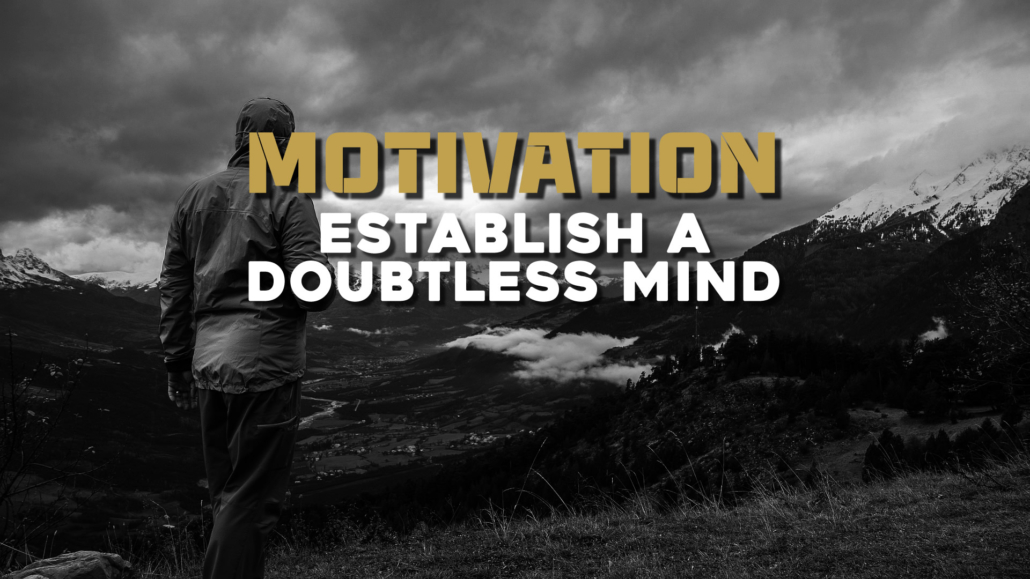 https://riseupmentor.com/wp-content/uploads/2023/12/Motivate-17-Live-Today-as-Tomorrow-Is-Uknown-1920x1080-No-Logo.jpg
1080
1920
Rise Up Mentor
https://riseupmentor.com/wp-content/uploads/2023/12/RiseUpMentor-Black-Logo-340x156-1.png
Rise Up Mentor2023-12-16 03:45:132023-12-16 03:45:15Ep. 34: Live Today as Tomorrow is Unknown
https://riseupmentor.com/wp-content/uploads/2023/12/Motivate-17-Live-Today-as-Tomorrow-Is-Uknown-1920x1080-No-Logo.jpg
1080
1920
Rise Up Mentor
https://riseupmentor.com/wp-content/uploads/2023/12/RiseUpMentor-Black-Logo-340x156-1.png
Rise Up Mentor2023-12-16 03:45:132023-12-16 03:45:15Ep. 34: Live Today as Tomorrow is UnknownDissatisfaction refers to a feeling of unhappiness or discontent with a situation, circumstance, or outcomes. It can arise from a variety of sources, such as unmet expectations, unfulfilled goals, or a sense of unfulfillment in one’s personal or professional life.
It can be a normal and even healthy human emotion, as it can motivate individuals to strive for improvement and growth. However, persistent or overwhelming feelings of it can be a sign of deeper issues, such as depression, anxiety, or feeling a lack of purpose.
It’s important to identify the root causes of feeling dissatisfied and to take steps to address them.
- Research has shown that people who spend more time on social media are more likely to experience feelings of dissatisfaction and loneliness, compared to those who spend less time online.
- A study published in the Journal of Happiness Studies found that individuals who engage in activities that align with their personal values are more likely to experience a sense of purpose and fulfillment in life.
- Additionally, Research has shown that gratitude can be a powerful antidote to feeling dissatisfied, with individuals who practice gratitude exercises reporting greater levels of well-being and life satisfaction.
There can be various psychological causes of dissatisfaction, and they may vary from person to person. Some of the common causes are:
- Unmet needs: When people have unfulfilled needs, such as the need for love, belonging, respect, or recognition, they can experience dissatisfaction. These unmet needs can lead to feelings of inadequacy, loneliness, or a sense of not being valued.
- Unrealistic expectations: When people have unrealistic expectations of themselves or others, they may feel dissatisfied with their lives. For example, if someone sets impossibly high standards for themselves or others, they may always feel like they are falling short.
- Lack of purpose: People who feel like they lack purpose or direction in their lives may experience dissatisfaction. When individuals don’t have a clear sense of their goals, values, or passions, they may feel lost or unfulfilled.
- Negative thinking patterns: People who engage in negative thinking patterns, such as rumination, catastrophizing, or black-and-white thinking, may be more prone to feelings of dissatisfaction. These negative patterns can lead to distorted perceptions of reality, which can perpetuate feelings of dissatisfaction.
- Comparison with others: People who frequently compare themselves to others may experience dissatisfaction. When individuals focus on what others have or what they have not achieved, they may overlook their own accomplishments and strengths.
Here are some unique suggestions for when you dissatisfied:
- Practice gratitude: Cultivating a sense of gratitude can help shift your focus from what you don’t have to what you do have. Try making a habit of listing a few things you’re grateful for each day, or keeping a gratitude journal.
- Focus on what you can control: While there are some things in life that are outside of our control, there are many things that we do have control over. Try to focus on what you can control, such as your actions, thoughts, and attitudes, rather than dwelling on what you can’t control.
- Set achievable goals: Setting achievable goals can help provide a sense of purpose and direction, and can give you something to work towards. Make sure your goals are realistic and attainable, and break them down into smaller, manageable steps.
- Practice self-compassion: It’s easy to be hard on ourselves when we’re feeling dissatisfied, but practicing self-compassion can help us be more understanding and forgiving of ourselves. Treat yourself with the same kindness and compassion that you would offer a close friend.
- Seek support: It can be helpful to talk to someone you trust about your feelings of dissatisfaction, like a close friend of family member. Others can help you see your situation in a different light and offer new solutions.
It’s important to remember that everyone’s experience of dissatisfaction is unique, and there is no one-size-fits-all solution. However, by understanding some of the common causes of dissatisfaction, it is possible to begin working towards greater fulfillment and contentment in life.
Here are some positive things to consider when you have the feeling of dissatisfaction
- “Dissatisfaction can be a powerful motivator for change. Use it as fuel to propel yourself towards a better life.”
- “Instead of focusing on what’s wrong or what’s missing in your life, shift your focus to what you can do to make things better.”
- “When you feel dissatisfied, remember that you have the power to make changes in your life. You are not stuck.”
- “Dissatisfaction is a sign that something needs to change. Use it as an opportunity to grow and improve.”
- “Don’t let dissatisfaction weigh you down. Use it as a springboard to propel yourself towards your goals.”
- “Remember that you have the power to create the life you want. Don’t settle for less than you deserve.”
- “Dissatisfaction can be uncomfortable, but it’s a necessary part of growth and change. Embrace it and use it to your advantage.”
- “You don’t have to be satisfied with the status quo. Challenge yourself to push beyond your limits and achieve greatness.”
- “Don’t let dissatisfaction hold you back. Use it as a catalyst to propel yourself forward and achieve your dreams.”
- “Remember that dissatisfaction is temporary. Keep pushing through and you will emerge stronger and more resilient on the other side.”
In our journey through life, we often find ourselves grappling with the feeling of dissatisfaction. However, it’s essential to understand that this state is not permanent; it serves as a catalyst for change. Instead of succumbing to despair, we should embrace dissatisfaction as a powerful force that propels us towards greatness.
It arises from a deep desire for more, for better. It signifies our hunger for a life of purpose and fulfillment. Rather than letting it consume us, we must channel this energy towards setting ambitious goals and crafting a roadmap for success. By adopting a growth mindset, we view dissatisfaction as an opportunity for innovation and progress. It pushes us beyond our comfort zone, where true transformation takes place.
While we navigate this path, it’s crucial to practice gratitude. Celebrate the milestones already achieved and acknowledge the progress made. Gratitude acts as a counterbalance to dissatisfaction, enabling us to find joy in the journey and appreciate each step we take.
Let us rise above the shackles of feeling dissatisfied, harnessing its power to propel ourselves towards lives filled with purpose, passion, and fulfillment. Remember, the ability to overcome lies within us. Seize it, embrace it, and unleash our true potential. Today marks the beginning of a new chapter—a chapter where we reclaim control, rewrite our stories, and pave the way for boundless satisfaction in the future.
With determination, courage, and an unwavering belief in our abilities, let us move forward. There are no limits except the ones we impose upon ourselves. Let us embark on this journey, confident that we can overcome dissatisfaction.
































